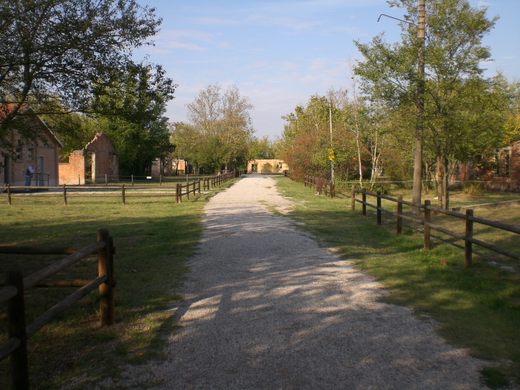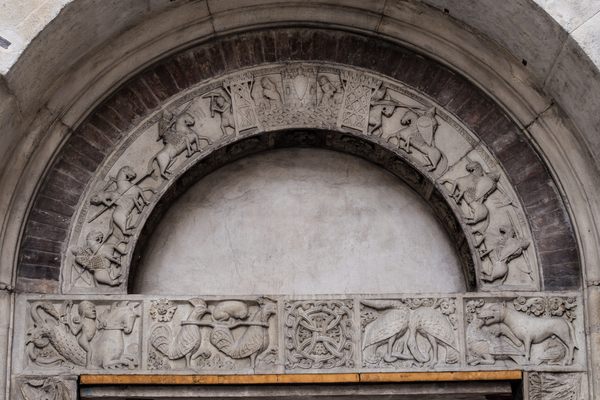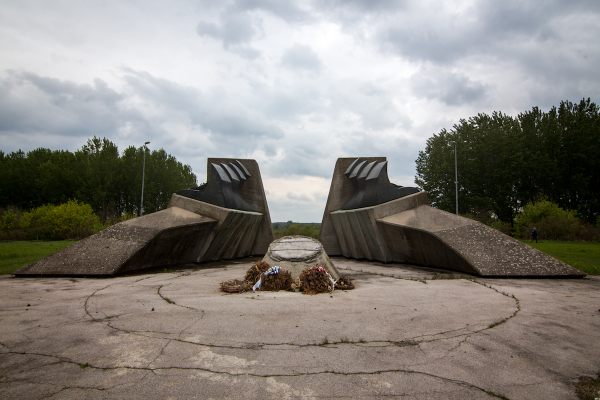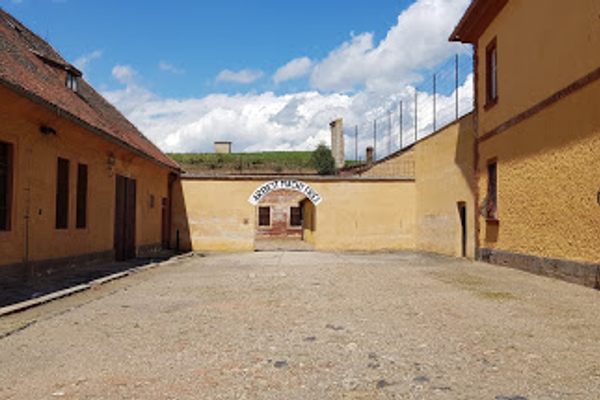Fossoli Camp
After World War II, this former concentration camp in Northern Italy became a refuge for those displaced by the war.
Fossoli Camp, near Modena in Northern Italy, was originally established in 1942 by the fascist regime as a prisoner-of-war camp. It housed more than 1,800 prisoners, largely British, South African and New Zealand military personnel captured during previous military operations in North Africa.
After the surrender of Italy in September 1943, the military prisoners were moved to Germany and the camp was enlarged and transformed into a massive concentration camp. It was meant to act as a transit camp, where Italian Jews were placed temporarily before they were moved to other concentration camps, mostly Auschwitz. The Italian Jewish writer and Holocaust survivor Primo Levi describes the departure of one of the trains from Fossoli to Auschwitz in his famous book If This Is a Man.
In late 1944, as Allied troops were approaching Northern Italy, Fossoli was replaced by the Bolzano transit camp. Fossoli was used for the deportation of forced labor to Germany during its last months of operations and was closed in November 1944.
After the end of the war, the camp was repurposed to house foreign refugees and even Holocaust survivors between 1945 and 1947. In 1947, the camp became a refuge for war orphans, but the facility closed in 1952 because of large debts.
Between 1954 and 1970, Fossoli Camp was again used to house refugees, this time Italians who were escaping from the areas ceded by Italy to Yugoslavia after World War II. The camp was finally closed in 1970, when the last families moved to the nearby town of Carpi.
















Follow us on Twitter to get the latest on the world's hidden wonders.
Like us on Facebook to get the latest on the world's hidden wonders.
Follow us on Twitter Like us on Facebook